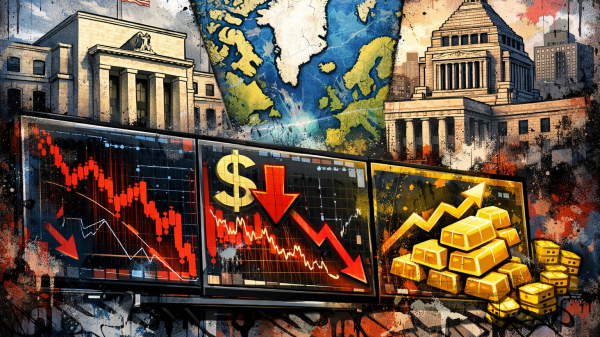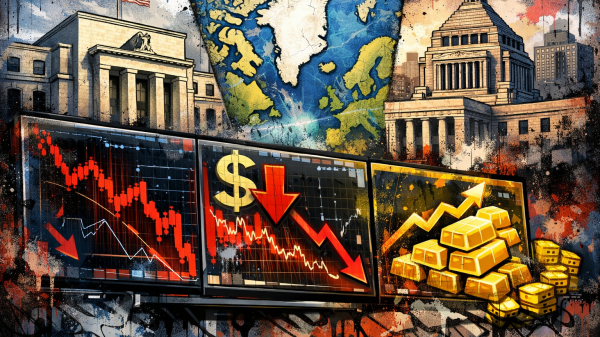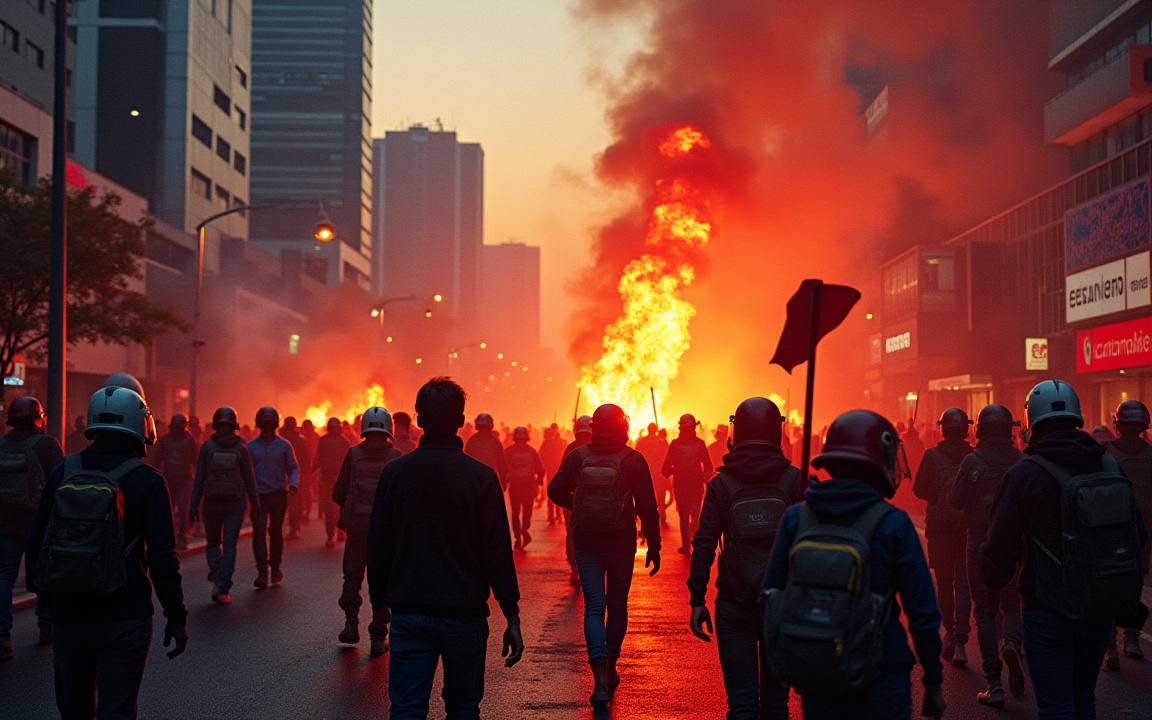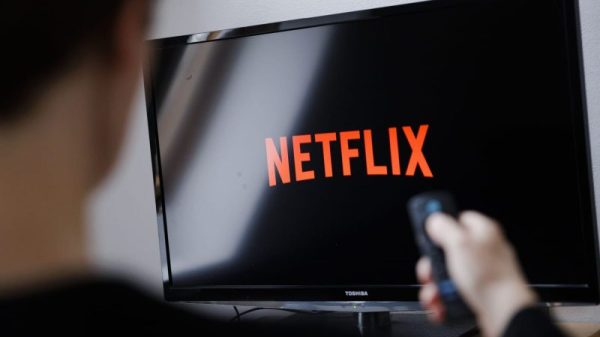Indonesia is navigating one of its most testing moments in years. A wave of protests over the cost of living, unemployment, and lawmakers’ allowances has shaken confidence in Southeast Asia’s largest economy.
The unrest has spilled into financial markets, with the Jakarta Composite Index falling as much as 3.6% on Monday and the rupiah weakening to 16,500 against the US dollar, its softest level since 1 August, according to LSEG data.
Why are Indonesians protesting?
The protests began as demonstrations against rising living costs and unemployment but quickly expanded to include outrage over lawmakers’ allowances.
Reports that housing benefits for members of parliament are roughly 10 times the monthly minimum wage struck a nerve with lower-income citizens already strained by inflation, tax hikes, and job cuts.
The unrest escalated last Thursday when a motorcycle taxi driver was reportedly killed during police action. That incident set off broader calls for police reform and ignited violent protests across several cities.
Demonstrators ransacked government offices, stormed the homes of politicians, and looted properties.
Media reports confirmed that hundreds of people forced their way into Finance Minister Sri Mulyani’s residence in South Tangerang, taking valuables.
The violence has already claimed at least five lives and injured hundreds, making it the most severe domestic crisis since Subianto became president about a year ago.
What has been the impact on markets?
Markets reacted sharply to the unrest. The Jakarta Composite Index slid by 3.6% on Monday, wiping out investor gains, while the rupiah fell to its weakest level in a month.
According to LSEG, yields on 10-year government bonds ticked up to 6.335%, while 30-year debt yields were unchanged at 6.850%.
Analysts stressed that the selloff was largely sentiment-driven rather than a reflection of Indonesia’s economic fundamentals. The country has traditionally been viewed as one of the region’s more stable emerging markets.
Economists at OCBC and DBS noted that the rupiah’s weakness may be temporary and that Bank Indonesia has room to keep policy accommodative.
Investors, however, will be watching whether authorities intervene to calm volatility and restore confidence.
How is the government responding?
President Subianto addressed the nation on Sunday, promising that parliament would review lawmakers’ allowances and consider reforms to address public anger.
At the same time, he warned that “extrajudicial, even unlawful, actions” were beginning to appear, with some bordering on treason and terrorism.
The president has instructed the police and military to take firm action against rioters and looters, a stance that could calm investors but risks further inflaming public sentiment.
For Subianto, this episode represents a test of his ability to balance firm governance with responsiveness to citizens’ demands.
Analysts at Teneo have noted that prolonged unrest could embolden opposition groups, raising the political stakes for his administration.
What does this mean for Indonesia’s economy?
Despite the immediate turmoil, the long-term growth outlook for Indonesia remains intact. Economists argue that structural reforms could strengthen the economy once protests subside.
Macquarie Capital suggested that part of Jakarta’s planned spending cuts could be redirected to address unemployment and social concerns.
DBS economists also said the government’s fiscal flexibility leaves space to support growth.
As Southeast Asia’s largest economy with a population of 284 million, Indonesia has been seen as a stable investment destination.
The protests, while disruptive, may not derail that trajectory if confidence is restored quickly. Investors are closely monitoring the government’s next steps, particularly how it balances market stability with addressing public anger.
The post Indonesia unrest: why protests over living costs are rattling markets appeared first on Invezz
























